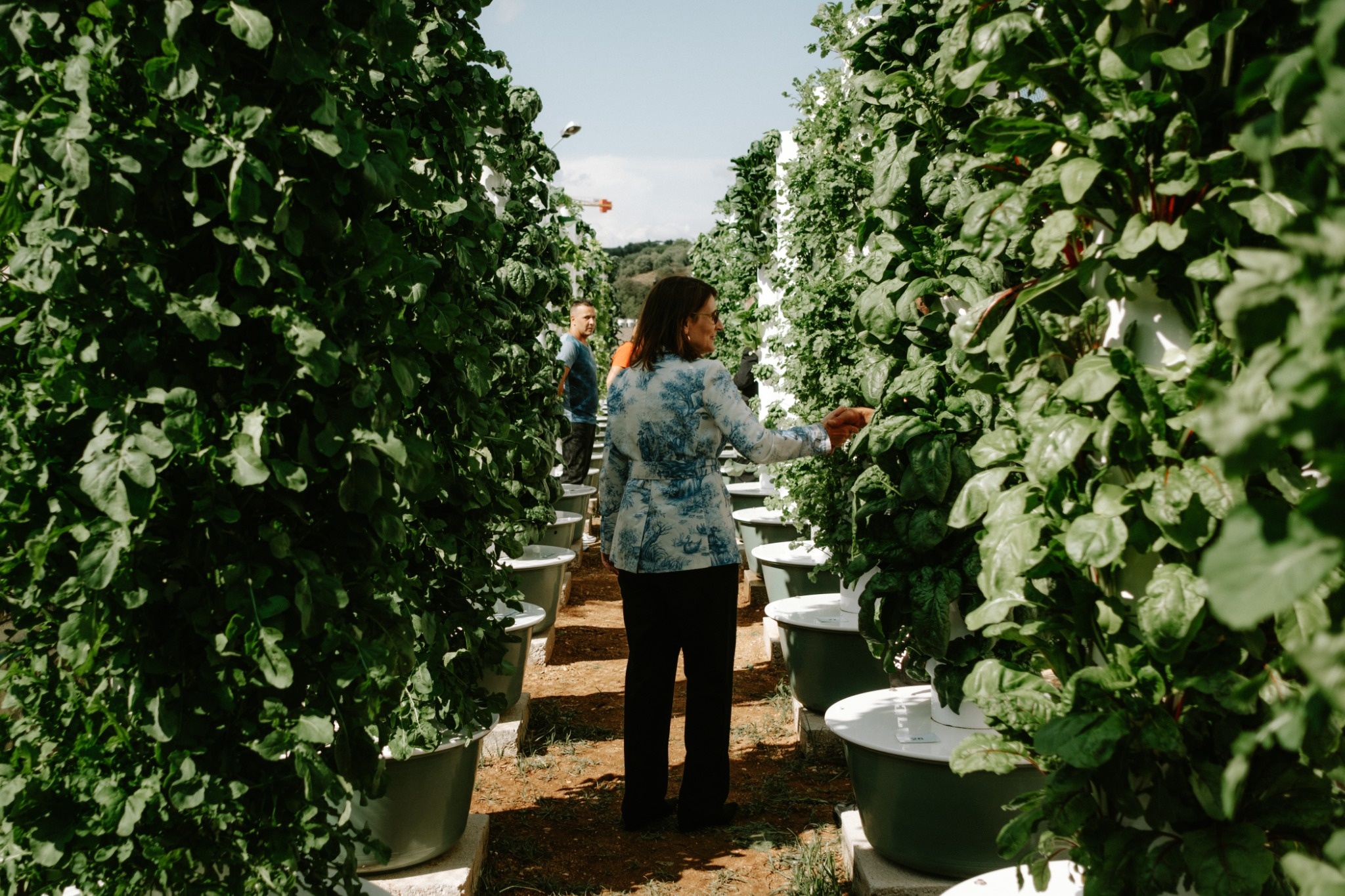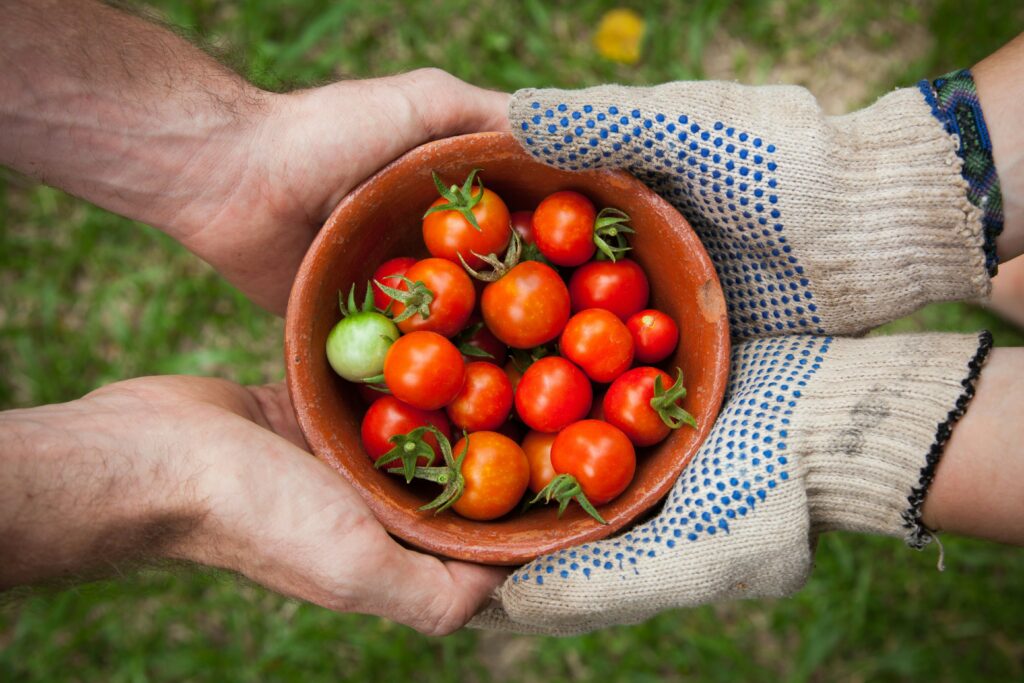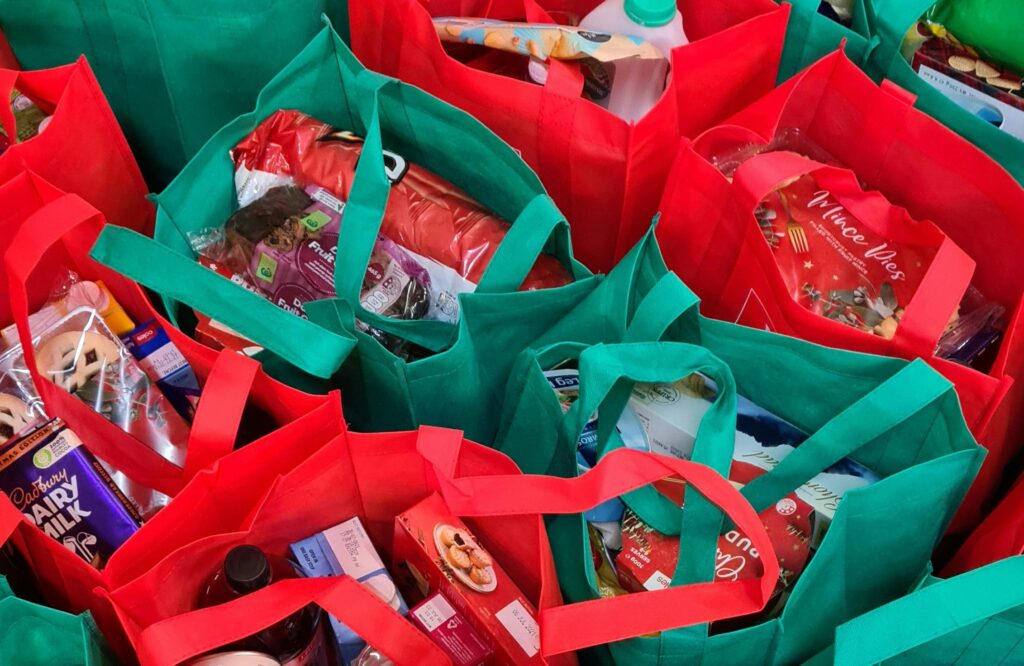As part of the EU’s efforts to bridge the gap between research and practice in agriculture and rural development, EIP-AGRI Practice Abstracts play a key role in spreading innovation across Europe. Developed under the European Innovation Partnership for Agricultural Productivity and Sustainability (EIP-AGRI), these concise summaries are produced by Operational Groups and Horizon projects working in close synergy.
EIP-AGRI Practice Abstracts are designed to make project results more accessible and actionable, accelerating the uptake of innovative solutions in rural and urban food systems. By turning research outcomes into concise, practice-oriented insights, they help farmers, foresters, and rural communities to apply tested approaches in their daily work. This format strengthens EU-wide knowledge exchange, builds connections between projects and practitioners, and lays the groundwork for future innovation.
In its first batch of EIP-AGRI Practice Abstracts, the CULTIVATE project showcases six innovative, practice-oriented contributions to more sustainable and inclusive food systems across Europe. Each abstract addresses a key dimension of food sharing, demonstrating how grassroots action, digital tools, and policy support can converge to make a real impact.
Here’s an overview of the six abstracts now available:
1. Food Sharing Stories Webinar Series
The Food Sharing Stories webinar series brought together 10 Food Sharing Initiatives (FSIs) from cities across Europe—all project partners in CULTIVATE—to exchange best practices, solutions, and challenges. The series explored the intersection of food sharing and saving, emphasizing community-building, sustainability, and logistics. It highlighted the need for stronger regulatory support and knowledge-sharing platforms to enable FSIs to scale their impact and improve food-sharing acceptance.
Download the PDF here!
2. Sharing Solutions Services: Measuring Sustainability Impacts
This abstract presents Sharing Solutions Services, a free suite of services supporting FSIs, municipalities, and supply chain actors in measuring sustainability impact. At its core is The Toolshed, an online tool with over 100 indicators aligned to the Sustainable Development Goals. Trialled in cities like Milan and Barcelona, the tool helps FSIs track, communicate, and enhance their social, environmental, and economic contributions.
Download the PDF here!
3. Serious Games for Citizen Engagement
In Utrecht, CULTIVATE co-created serious games with local FSIs to engage citizens in food sharing. These playful tools, ranging from foraging adventures for kids to urban gardening simulations, help participants connect, learn, and act on sustainable food practices. Collected in the Library of Citizen Engagement, the games enhance inclusion and education while offering replicable models for other communities seeking to build local food culture in engaging ways.
Download the PDF here!
4. Milan’s Food Waste Hub Network
The Food Waste Hubs is a city-scale initiative that collects surplus food and redistributes it to people in need, reducing waste and promoting social equity. The network recovered nearly 800 tons of surplus food in 2024—up 25% from the previous year—benefiting over 126,000 individuals. Milan’s approach showcases the effectiveness of localized food waste interventions. However, challenges such as data sharing, political shifts, and resource constraints remain.
Download the PDF here!
5. The Food Sharing Map: AI-Supported FSI Mapping Tool
The Food Sharing Map is a free, AI-assisted mapping tool that identifies FSIs across 200 urban and peri-urban areas in Europe. It enables users to explore initiatives by location, activity type, and mode of sharing. Designed to support citizens, municipalities, and food supply actors, the tool also integrates with CULTIVATE’s broader impact assessment and planning tools, forming a cornerstone of the Food Sharing Compass.
Download the PDF here!
6. Governance and Policy Insights from Barcelona
CULTIVATE’s policy brief on Barcelona seeks to deepen the understanding of the governance landscape of local food sharing initiatives, from community gardens to food redistribution and solidarity economy projects. It identifies regulatory gaps, spatial and funding constraints, and coordination challenges. The analysis calls for a unified urban food strategy and greater policy support to safeguard spaces, strengthen collaboration, and boost the visibility and long-term viability of FSIs.
Download the PDF here!
Photo credits: Upfarming




